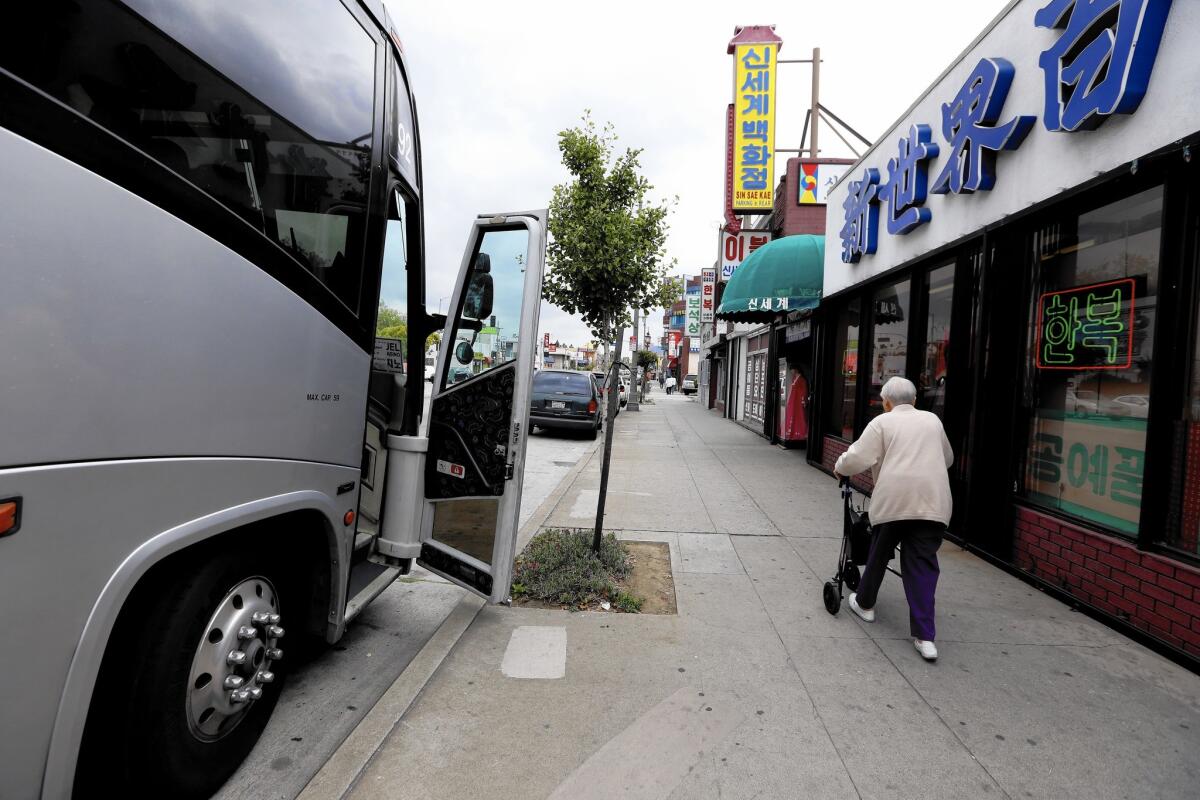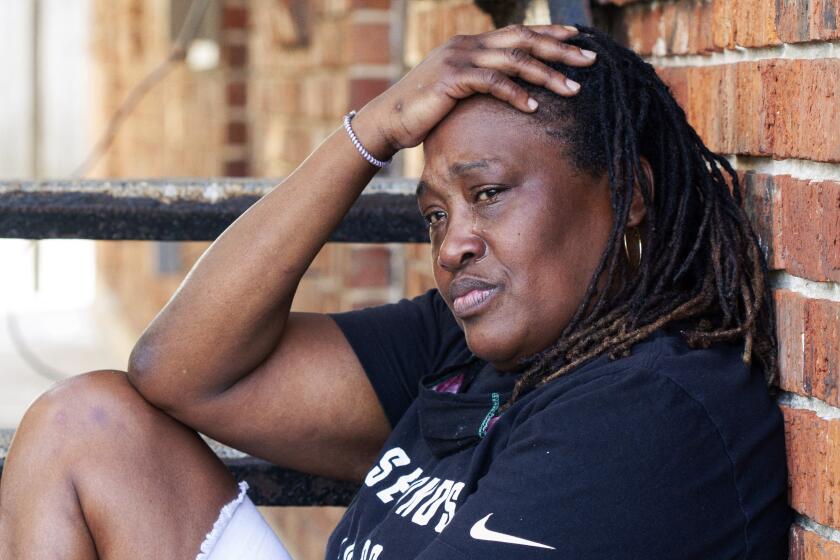What to do when coronavirus brings job loss, debt and a housing dilemma

Dear Liz: I was employed as a tour guide for seniors but because of COVID-19, all our trips are canceled. I depended on the income because I have no other, besides Social Security, which I started at age 62. I now have credit card debt. I also needed a new car (mine was 24 years old and dying) so I’m leasing a car. The lease is up early next year and I would love to keep the car, if possible. My question is what to do with my home, where I have lived for more than 65 years. It was our parents’ home and now it’s owned equally with my brother, although because I live here, I pay everything: mortgage, taxes, insurance and so on. Should I sell my house and get an apartment? Rent it out? Get a roommate? Getting a roommate would not be my first choice, but I really want to stay in my home that I love so much.
Answer: If getting a roommate would give you enough income, then that may be the best solution — particularly since staying in your home is a top priority. Ideally, the rent you could charge would be enough to allow you to make ends meet, pay off your debt and save to buy your car.
If you’d still be running a deficit, however, then consider other solutions. If you can’t rent the home for enough to keep your head above water, then you probably should consider a sale.
Housing advocates fear that they could see a wave of evictions in the coming months, as states end moratoriums put in place during the coronavirus outbreak.
One option, if your brother is amenable, is to sell some or all of your equity to him with the understanding that you could remain in the home. Make sure to get a written agreement; a lawyer could help with this. If your brother is not willing or able to buy your equity, you may have to put the house up for sale.
These are difficult changes, but your job isn’t likely to come back anytime soon. Finding a new gig, at your age and in this economy, may not be possible. Selling the house could free up some money for the future and allow you to reduce expenses rather than going deeper into debt.
The IRS doesn’t need your worry
Dear Liz: My mother received a stimulus payment on behalf of my late father in April. Per an IRS directive on May 6, I returned the money to the IRS. As of Aug. 1, the check I sent has not been cashed. I have made two phone calls to the specific IRS phone number that deals with any stimulus payment issues and both times have been told, “Don’t worry about it.” Do you have any suggestions for us?
Answer: Yes. Don’t worry about it. And stop calling.
The IRS is dealing with a tremendous backlog that accumulated while its operations centers were shut down because of the pandemic. Although the centers have reopened, the pandemic is still affecting the agency and probably will do so for some time.
The IRS recently warned that “live assistance on telephones, processing paper tax returns and responding to correspondence continue to be extremely limited.” The IRS will cash the check eventually; your calls won’t speed that up and will unnecessarily tax an already overwhelmed system.
In the future, consider using the IRS’ online payment systems. They’re safer than sending checks in the mail and you’ll get instant confirmation that your payment was received.
Balancing disability and survivor benefits
Dear Liz: My 70-year-old husband is retiring at the end of the month. I’m 64 and collecting Social Security disability. If he should pass away before me, which is not likely considering my medical conditions, will I still get at least half of his Social Security income instead of my own, if it’s more than what I’m already collecting? I do understand that my disability benefit will stop at 65. I will then be collecting a regular Social Security benefit at my retirement age of 67. We are totally confused and trying to decide whether to forgo getting a retirement annuity benefit for me from his employer pension if he should pass before me.
Answer: Your disability benefit doesn’t stop at 65. It continues until you reach your full retirement age of 67, and then converts to a retirement benefit. The name for the benefit changes but the amount doesn’t.
If the amount you’re receiving is less than what your husband gets, and your husband dies first, you will get a survivor’s benefit equal to what he was getting. Survivors don’t get their own benefit plus their spouse’s; they just get the larger of the two benefits.
With pensions, it would be smart to get expert advice before you sign away your right to a survivor benefit. The default payout option for a married person is typically “joint and survivor,” which means the survivor would continue to receive the checks after the person dies. Opting for a “single life” payout instead increases the monthly check, but the money stops when he dies. While it may seem more likely you’ll die first, there are no guarantees and waiving your right to a survivor benefit could lead to a steep drop in your income.
The pension may offer different joint and survivor options, such as 100%, 75% and 50%. With the 100% option, the payments continue to be the same if he dies first. The 75% and 50% options reduce the payment after his death to 75% or 50% of the previous amount. Choosing 75% or 50% could be a decent compromise that allows you to get more money now but still get payments should he die first.
Liz Weston, Certified Financial Planner, is a personal finance columnist for NerdWallet. Questions may be sent to her at 3940 Laurel Canyon, No. 238, Studio City, CA 91604, or by using the “Contact” form at asklizweston.com.
More to Read
Inside the business of entertainment
The Wide Shot brings you news, analysis and insights on everything from streaming wars to production — and what it all means for the future.
You may occasionally receive promotional content from the Los Angeles Times.











